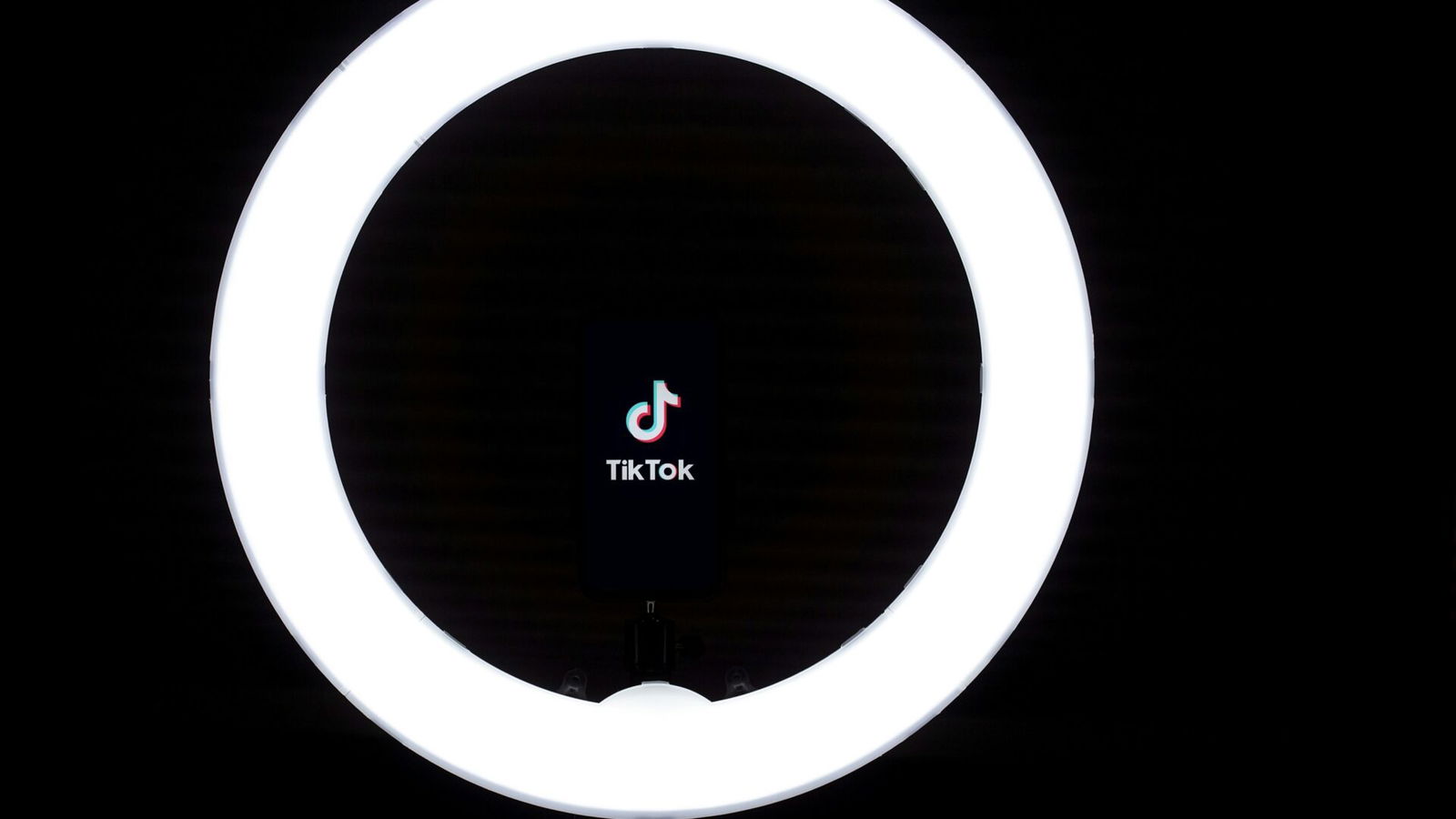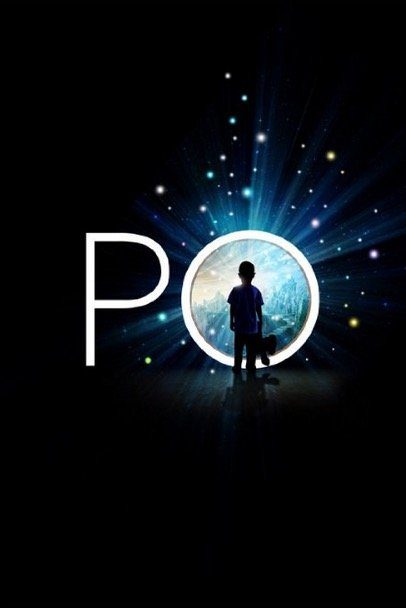
Why the Next Generation of Influencers is Already Controversial
By Movieguide® Contributor
Generation Alpha—those born after 2010—is already starting to find a large social media presence, but many are concerned about them becoming influencers at such a young age.
While children have grown up on technology for over fifteen years, Gen Alpha’s experience is different because they are using technology as their primary source of socialization and entertainment, making them native to the technological world, unlike any generation before them.
“They intuitively know what will work, what will gain leverage, what will get good results,” said Mark McCrindle, a social researcher and demographer. “The currency of [Gen Alpha’s] world is influence, particularly peer influence, and therefore that has strongly shaped them.”
A new social media platform has emerged to meet this need: Zigazoo. It is branded as a social media site for kids and runs a partner program with over 700 members dubbed “kid talent.”
However, although many kids want to have a social media platform, not everyone believes it is right to give them one. Due to their age, especially, those who are able to find a sizable audience are in danger of exploitation.
“For a lot of families, this isn’t just a hobby or a side gig. It is the primary, or sometimes the only, source of income,” said Chris McCarty, a Gen Z activist who has worked with state lawmakers to pass bills protecting child influencers. “So I think those aspects in particular make it very difficult for a child to fully consent to being online in this way.”
To help protect these kids, state legislators are now looking to require a percentage of the income they generate through social media to be protected as their own rather than something their parents can take with no consequences. Last August, Illinois passed a law protecting child influencers, and the California state government is currently considering a similar law.
While this may help protect the children financially, it does not change the fact that many of them begin doing this while they are young and have no say in what their parents ask them to do.
Families who are running popular accounts for their kids, however, argue that their children want to have a social media presence, and there is no pressure on them to perform or generate content.
“They love it,” said Andrea Garza, the mother of 7-year-old twins who have 4.8 million followers on TikTok. “They think it’s so cool that people know who they are and want to take a picture with them wherever we go.”
“I think that it’s great that other people are worried about things, but this is probably the least of the worries that I think they would have,” she added. “My kids are just great, and I wish we would focus more on things like homelessness. I mean, it’s been freezing, and I go to bed every night and tuck my girls in, and I’m just so blessed that they have somewhere to sleep at night that’s warm.”
Even with parent’s protection, children who use social media are much more susceptible to exploitation and abuse. Furthermore, social media use has been linked to mental health issues, especially when used at a younger age. Rather than allow social media and technology to steal our children’s childhood, Movieguide® encourages parents to limit screen time and help their children connect with the real world.
Movieguide® previously reported:
There is a mental health crisis plaguing Gen Z (those born after 1995), and experts say that smartphones are to blame.
They are the first generation to go through puberty with the information highway in their pockets, and the pressures of social media have produced anxiety for today’s teens.
“Gen Z teenagers got sucked into spending many hours of each day scrolling through the shiny happy posts of friends, acquaintances and distant influencers. They watched increasing quantities of user-generated videos and streamed entertainment, fed to them by algorithms that were designed to keep them online as long as possible,” said Jonathan Haidt.
“They spent far less time playing with, talking to, touching, or even making eye contact with their friends and families, thereby reducing their participation in social behaviour that is essential for successful human development,” he added.
Haidt calls this “the Great Rewiring of Childhood.”
Questions or comments? Please write to us here.


 - Content:
- Content: 

